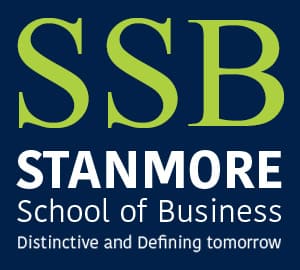Course details
Loading...
Generating course details...
• Fundamentals of Robotics: This unit covers the basics of robotics, including the history of robotics, types of robots, and the components of a robot system. It also introduces the concept of robotics programming and the different programming languages used in robotics.
• Programming Languages for Robotics: In this unit, you will learn about the popular programming languages used in robotics, such as Python, C++, and MATLAB. You will also learn how to write code for robotics applications and how to use libraries and frameworks to simplify the development process.
• Robot Sensors and Actuators: This unit covers the different types of sensors and actuators used in robotics, including cameras, lidars, ultrasonic sensors, and DC motors. You will learn how to choose the right sensors and actuators for a specific robotics application and how to integrate them into a robot system.
• Computer Vision for Robotics: In this unit, you will learn about computer vision techniques and how to apply them to robotics applications. You will learn about image processing, object detection, and tracking, and how to use computer vision to enable robots to perceive and interact with their environment.
• Machine Learning for Robotics: This unit covers the basics of machine learning and how to apply it to robotics applications. You will learn about supervised and unsupervised learning, neural networks, and deep learning, and how to use machine learning to enable robots to learn from experience and improve their performance over time.
• Robot Motion Planning and Control: In this unit, you will learn about the different types of motion planning and control algorithms used in robotics, including kinematics, dynamics, and control theory. You will learn how to plan and execute robot motions and how to control the robot's movements in real-time.
• Human-Robot Interaction: This unit covers the different types of human-robot interaction and how to design and implement user-friendly interfaces for robots. You will learn about natural language processing, speech recognition, and gesture recognition, and how to use these technologies to enable humans and robots to interact effectively.
• Robot Safety and Ethics: In this unit, you will learn about the safety and ethical considerations of robotics and how to design and implement safe and responsible robotics systems. You will learn about risk assessment, hazard analysis, and safety protocols, and how to ensure that robots are designed and operated in a way that minimizes harm to humans and the environment.
• Robotics Project Development: This unit covers the process of developing a robotics project from concept to completion. You will learn about project planning, design, implementation, and testing, and how to use the skills and knowledge you have gained in the course to develop a real-world robotics project.
• Career Development in Robotics: In this final unit, you will learn about the different career paths available in robotics and how to prepare yourself for a career in this field. You will learn about the skills and knowledge required for different robotics careers, and how to use your newfound skills and knowledge to succeed in the robotics industry.

